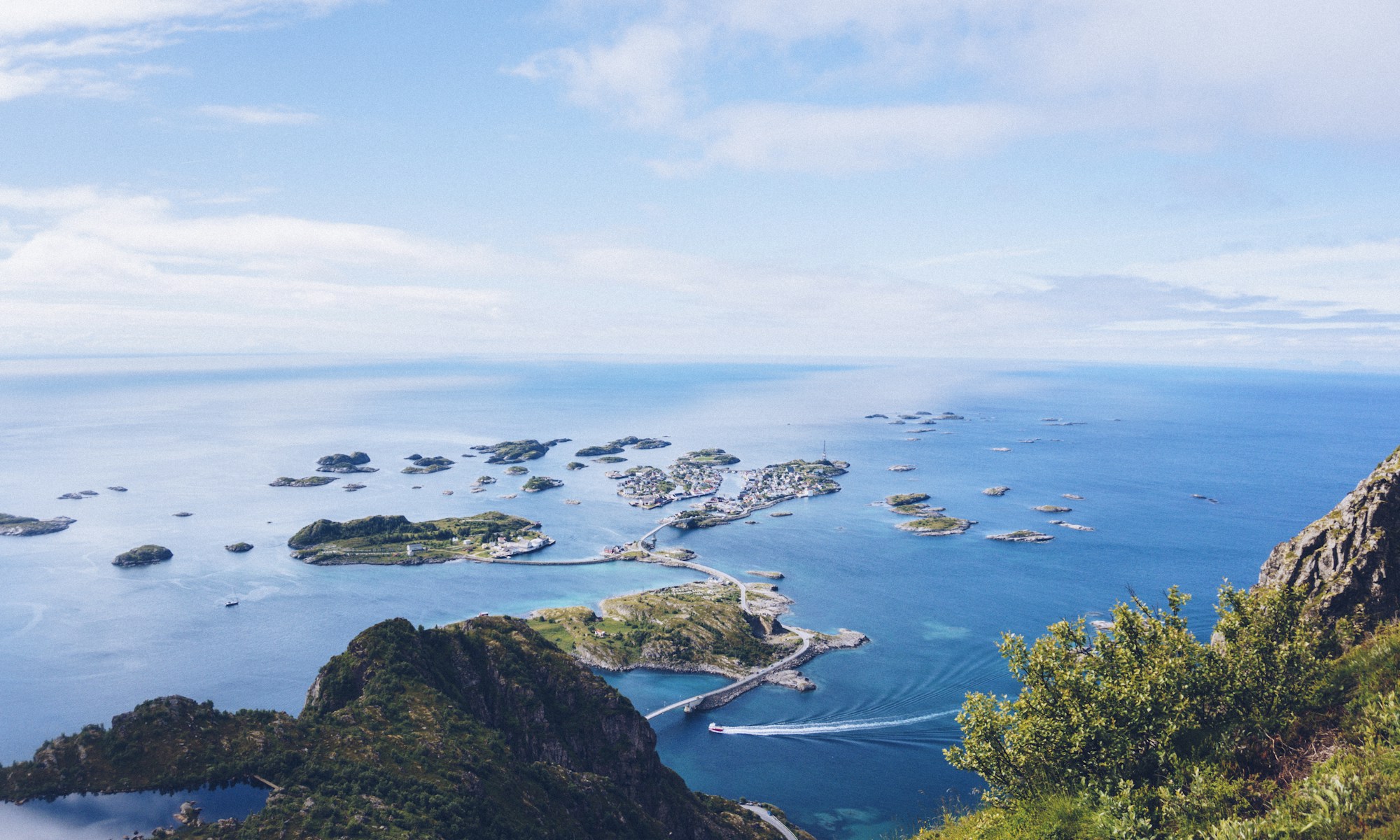Ella Kiyomi Dobson graduated from Dartmouth College with a major in Environmental Studies and minor in Studio art. Currently, they are a research and teaching assistant at Dartmouth, working in the Ong Agroecology Lab. They are studying agroforestry practices on local farms, the effects of land use legacies on forest biodiversity and age, and teaching a summer undergraduate field course on agroecology.
They are particularly interested in the intersection of environmental and social issues pertaining to ecological conservation and food systems. With experience both working in the field of marine research, and sustainable food systems, they are interested in how socioenvironmental issues can be alleviated through education, social learning and community building.
In their spare time, they can be found in the rivers and lakes of Vermont, out for a walk with their dog Scooby, or cooking and eating delicious local produce!
Email: [email protected]












